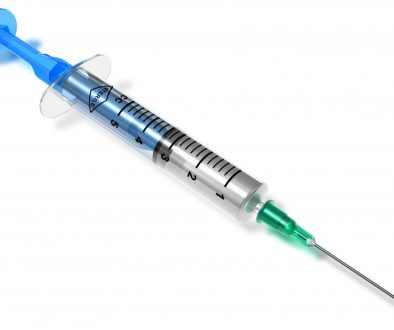What to know about motions to suppress evidence in New Jersey and how it’s different from Pennsylvania
Motions to suppress evidence are one of the most powerful weapons that a criminal defense lawyer can use in the state of New Jersey and in any criminal courtroom across the country, to exclude potentially incriminating evidence from trial. New Jersey, however, is different procedurally from many states including Pennsylvania.
In New Jersey, a motion to suppress must be filed 10 days from the date of the arraignment/status conference. If the search was made without a search warrant, the State (prosecution) must submit a brief within 15 days of the filing of the notice of the motion and the defense must file a brief no later than 3 days of the hearing of the motion. If the search was made pursuant to a warrant, the defendant must file the brief first. (See Rule 3: 5-7). This is different from the filing procedure in Pennsylvania
The defendant may have evidence suppressed so that it can’t be introduced in a trial against him or her where the evidence was seized by the police because of the violation of the defendants’ constitutional rights under the New Jersey or US Constitution.
The following are exceptions to the search warrant requirement:
- The Plain View Doctrine
- Search incident to arrest
- Consent searches
- Third party consent
- Stop and Frisk
- Warrantless searches of motor vehicles (See Automobile Exception to warrant requirement—New Jersey only, not Pennsylvania)
- Warrantless searches in exigent circumstances (hot pursuit)
- Abandoned property
- Administrative inspection exception
- Attenuation Doctrine (non-government agent search)
- Border searches
- Community caretaker exception
- Emergency aid exception
- Inevitable discovery
- Inventory searches
- Investigative detention
- Protective sweep
- Roadblocks (DUI checkpoint)
Warrantless Searches in New Jersey
It is important to keep in mind that, unlike Pennsylvania, warrantless searches are permissible in the Garden State. New Jersey follows the automobile exception to the search warrant requirement. A police officer is permitted to search a car if he or she can establish probable cause and believe that it contains contraband or evidence of a crime.
There is also a stop and frisk exception to the search warrant requirement. When a police officer observes unusual circumstance that leads him to believe that criminal activity may be afoot and that the person he is dealing with may be armed and dangerous and nothing in that initial encounter dispels that reasonable belief, that officer is entitled to protect himself and conduct a search (stop and frisk of the outer clothing in an attempt to discover weapons which could be used against him).
Why your criminal defense lawyer should always consider filing a motion to suppress in your criminal case
A Motion to Suppress Evidence is a powerful pre-trial motion which attempts to exclude often extremely incriminating evidence, which, more than likely, will lead to a conviction. Examples of this type of evidence would include illegal narcotics, drugs, guns, firearms, money, or other items used to commit a crime. The basis of this pre-trial motion is a person’s constitutional right against illegal search and seizure, which is in the United States Constitution as well as each individual state’s constitution.
The right against illegal search and seizure is contained in the Fourth Amendment to the United States Constitution, which, through the Fourteenth Amendment entitles all people to due process under the law. Due process deals with the administration of justice and is a safeguard against the arbitrary denial of life, liberty, and property by the government. The Pennsylvania Constitution provides protection against illegal search and seizure under Article 1, Section 8, while New Jersey also provides this protection under Article 1, Paragraph 7, of its Constitution.
Contact Our Criminal Defense Lawyers in PA & NJ
Please click here to contact our Philadelphia criminal defense lawyers. We offer free case reviews and serve the following areas in Pennsylvania and New Jersey, Atlantic City, Camden, Cherry Hill, Chester, Conshohocken, Doylestown, Media, Norristown, Philadelphia, Pottstown, Salem, Upper Darby, Upper Merion, Upper Providence, Vineland & Woodbury areas.



